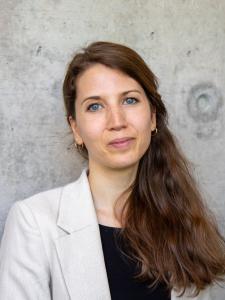Elections characterised by innovations
This ballot was characterised by several innovations. These elections differed from previous municipal elections in three key respects:
What made this election special was that, as a result of several corruption scandals at municipal level, unrestricted re-election was abolished for the first time by legislative amendment. An incumbent mayor can now only stand for re-election once, i.e. govern for a maximum of two uninterrupted terms. As a result, 47 incumbent mayors were no longer able to stand for election.
In addition, the quota rule on gender parity was applied in full for the first time in the history of local elections. Since 2009, the so-called vertical parity rule has been in place, according to which parties must alternate between men and women on their lists. A new requirement has now been added: the number of women and men on the lists of each party nationwide must be equal. In terms of gender parity, Costa Rica is one of the world's leading countries at national level with 47 per cent of women in the Asamblea Legislativa. At municipal level, however, only eight women were elected to a total of 82 mayoral offices in the last elections. As a result, female politicians have called for the application of horizontal parity, which has posed considerable challenges for some parties.
These challenges meant that, for the first time in the history of local elections, the national government was not represented by any party. President Rodrigo Chaves ran in the 2022 parliamentary and presidential elections with the Partido Progreso Social Democrático (PPSD) party. However, in the run-up to the local elections, supporters of the government founded two parties that were supposed to stand for Chaves' policies: Aquí Costa Rica Manda (ACRM) and Pueblo Soberano (PS). After nine of the ten members of parliament from the government faction PPSD expressed their support for the new party Aquí Costa Rica Manda (ACRM), they were excluded from the Partido Progreso Social Democrático. As Aquí Costa Rica Manda was unable to fulfil the requirements of the quota system when nominating its candidates for mayoral offices and district representatives, ACRM was only approved by the Supreme Electoral Court for the election of district councillors. Pueblo Soberano was almost completely excluded from the election for the same formal reasons and could only run in individual cantons. It is therefore difficult to interpret the local elections as a vote on the government work of the relatively popular president, Rodrigo Chaves.
The full-length publication is only available in German.
Topics
Provided by
Auslandsbüro Costa Rica und PanamaAbout this series
The Konrad-Adenauer-Stiftung is a political foundation. Our offices abroad are in charge of over 200 projects in more than 120 countries. The country reports offer current analyses, exclusive evaluations, background information and forecasts - provided by our international staff.




